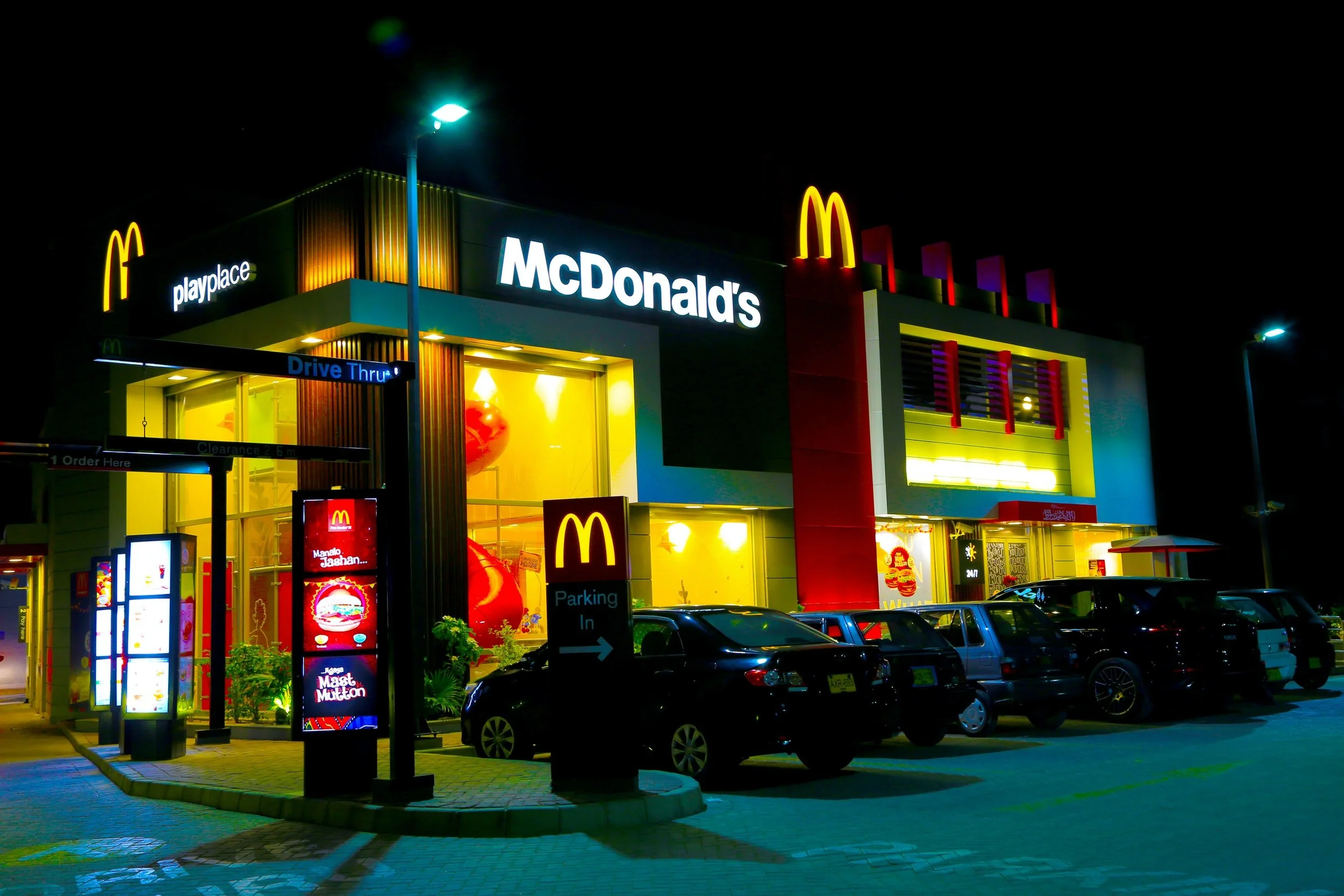Franchise and Love
The more of it you give away, the richer you become. What is it? Well, love, for one.
But looking from a different angle, franchising could be a good answer, too! If you give away the business experience and trade mark of a successful undertaking, both you and your partner might become richer. In other respects, love and franchise are not the same. Love is always free, but you have to pay for a real franchise.
Typical franchise companies, such as McDonald’s, Subway, 5àSec, KFC, Kodak Express and other businesses always share a standard image and provide their services at more or less the same level.
According to the Top 100 Franchises list of Franchise Direct, the overwhelming majority of all franchise concepts (approximately 85 percent) originates from the USA and the fast food franchises hold the most prominent positions. With its network of more than 30,000 fast food restaurants, McDonald’s has been confidently heading the list.
So how does this system, also known as a “business marriage”, work exactly, under which we can find and use the very same products and services at several other locations in our city or even in another city of the world?
A franchise is a complex co-operation agreement bringing together otherwise legally independent legal entities under a common umbrella, under which the franchisor grants the right to use a valuable name, trade mark and the related management and business know-how to the franchisee who, in return, makes use of these rights and pays a consideration. The franchisor and the franchisee enter into a contract similar to a trade mark license agreement covering the know-how and, as the case may be, other copyrights and patent rights.
The franchisor grants the independent franchisee the right to use its trade marks and business solutions, ensures the distribution of its products, makes available other tangible and immaterial assets, and provides additional training opportunities. Typically, the franchisee is a business association with its own premises, which undertakes to provide services under the trade mark and control of the franchisor.
Under the framework of a franchise system the immaterial assets, primarily trade marks, know-how, or even copyrights and patents, are often far more important than tangible assets. Although establishing the value of the trade mark is a task to be completed by the franchisor, the franchisees also contribute to the increase in value of the trade mark. Product lines might also be developed around a base brand, which is often the name of the business or even the company name itself.
Franchising is beneficial because it allows for a form of venture capital investment where the investor does not lose control over the implementation and activities of the investment. On the other hand, it is easier for the franchisor to develop its sales chain by using external sources. Besides, the franchise fees (initial franchise fee, sales commission, marketing contributions) also represent a considerable source of income for franchisors with an extensive franchise network.
This kind of agreement is also beneficial for franchisors as they are relieved from obtaining the necessary licenses and other administrative obligations by requiring the franchisees, who are more familiar with the local business environment, to comply with all applicable requirements. The parties might also agree that the franchisee is and the franchisor is not obliged to arrange for the necessary liability insurance.
Another advantage for the franchisor is that it might gain profits while the corresponding risks are borne by the franchisee, because the parties may agree and the franchisee may be required to accept that the franchisor does not guarantee the success of its activities. Consequently, the franchisee cannot enforce any such claims against the franchisor in the future.
The franchisee is far more interested in the success of the business than any employee the franchisor may hire, because it can directly benefit from the use of the name. On the other hand, the franchisor allows more freedom for and exercises less control over the everyday activities of the franchisee while, in return, the franchisee may develop its business to a level it probably could not reach without the professional advice of and assistance from the franchisor. The franchisee receives comprehensive support upon establishing its business and is given the opportunity to set up and extend its business relations in the course of the respective business co-operation.
Last but not least, consumers benefit from franchises as well, because they have access to standard goods and services, usually at lower prices resulting from the large scale procurement.
The “flag ship” of all franchises is a good trade mark. Thus, those aiming to launch a franchise business must take extreme caution when choosing their trade mark. Thorough and professional international trade mark search is essential in such cases.

